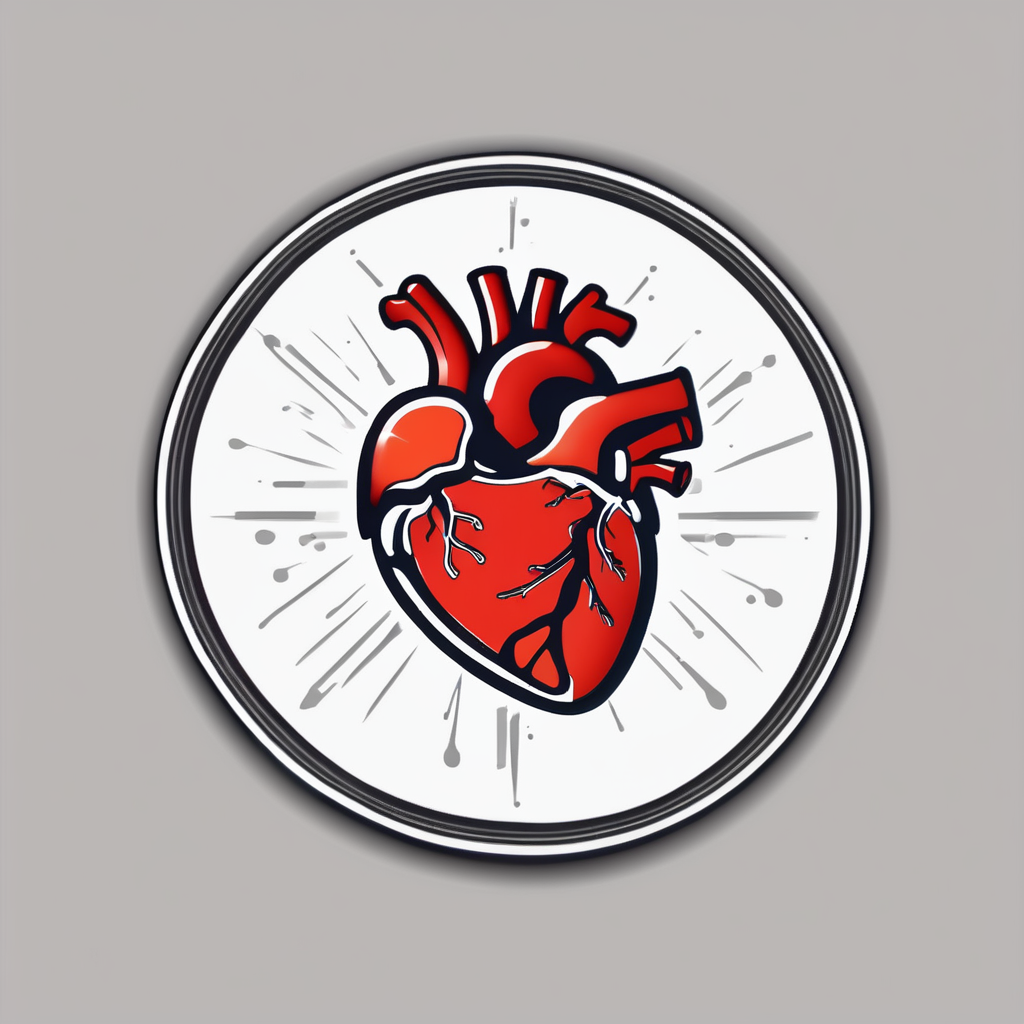Navigating through a vegan diet during pregnancy can seem daunting, especially with the myriad of nutritional advice targeted at expectant mothers. However, armed with the right knowledge and a well-planned approach, ensuring adequate nutritional intake for both mother and baby can be a seamless process. This article seeks to guide you through the main nutritional considerations UK vegans should keep in mind during pregnancy, focusing on the most essential vitamins, minerals, and macronutrients.
Protein Needs During Pregnancy
When you’re pregnant, protein is more crucial than ever. It’s the building block of your baby’s cells. But how do you ensure you’re getting enough protein while maintaining a vegan diet?
Also read : What Are the Effective Cold Brew Coffee Techniques for UK Coffee Enthusiasts?
Vegans obtain protein from plant sources, such as legumes, whole grains, nuts, and seeds. It’s typically recommended that pregnant women get roughly 71 grams of protein per day, an increase from the usual 46 grams. However, it’s essential to remember that protein needs can vary widely based on factors like health, activity levels, and trimester of pregnancy.
Incorporate a variety of plant-based protein sources into your diet to ensure a broad spectrum of essential amino acids. Consider foods like lentils, chickpeas, quinoa, tofu, and hemp seeds. A diverse range of protein sources not only ensures balanced nutrition but also makes meals interesting and enjoyable.
This might interest you : What Is the Role of Art Therapy in Managing Anxiety for UK University Students?
Iron and Calcium Intake
Iron and calcium are two crucial minerals during pregnancy. Iron is necessary for the production of haemoglobin, the protein in red blood cells that carries oxygen to your tissues. During pregnancy, the need for iron increases to support the mother’s increased blood volume and the baby’s blood development.
Plant-based diets can be high in iron, with abundant sources being whole grains, dried fruits, dark green leafy vegetables, and legumes. However, plant-based iron is less readily absorbed by the body, meaning you may need to consume more iron-rich foods.
Calcium, on the other hand, is vital for the baby’s bone development. While dairy products are often promoted as the primary source of calcium, numerous plant-based sources are available. These include fortified plant milks, tofu made with calcium sulphate, sesame seeds, almonds, and dark green leafy vegetables.
Pairing iron-rich foods with those high in vitamin C can help increase iron absorption. Similarly, ensuring enough vitamin D can help enhance calcium absorption.
The Importance of Vitamin B12 and Vitamin D
Vitamin B12 and vitamin D are two vitamins that can be more challenging to obtain from a vegan diet. Vitamin B12 is necessary for the health of the nervous system and for the production of red blood cells, while vitamin D is crucial for bone health and immunity.
For vegans, fortified foods or supplements are usually the most reliable sources of vitamin B12. These can include B12-fortified plant milks, breakfast cereals, or yeast extracts. It’s important to note that the body’s ability to absorb vitamin B12 decreases with age, so you may need to consume more as you get older.
Sunlight is the best natural source of vitamin D, but in the UK, the sun may not be strong enough to provide sufficient vitamin D during the months of October to March. During these months, consider a vitamin D supplement or eat vitamin D-fortified foods, such as plant-based margarine or some breakfast cereals.
Ensuring Adequate Omega-3 Fatty Acids
Omega-3 fatty acids are essential for the development of your baby’s brain and eyes. While fish is a common source of omega-3s, they can be obtained from plant-based sources as well.
Flaxseeds, chia seeds, hemp seeds, and walnuts are all good sources of alpha-linolenic acid (ALA), a form of omega-3 fatty acid. In addition, certain types of algae contain docosahexaenoic acid (DHA), another form of omega-3 that is integral to your baby’s brain development.
Meal Planning and Tracking Nutrient Intake
Meal planning can be an effective tool to ensure that you’re meeting all your nutritional needs during pregnancy. Before the week begins, plan your meals and snacks, ensuring a variety of nutrient-dense foods.
Consider using a nutrition tracking app to monitor your nutrient intake. These apps often break down your consumption into macros and micros, making it easier to identify any deficiencies or excesses.
Following a vegan diet while pregnant is entirely feasible with careful planning and the right knowledge. There’s no need to compromise your principles for the health of your baby. With a well-rounded and varied diet, you’ll be able to provide the necessary nutrients for both you and your growing baby. Remember, it’s always best to seek personalised advice from a registered dietitian or healthcare professional.
Folic Acid and Zinc Necessities
Folic acid plays a significant role during pregnancy, especially in the early stages. It is essential for DNA synthesis and cell growth, thus critical for the growth and development of the baby. Moreover, adequate intake of this vitamin can help prevent neural tube defects in the baby.
While folic acid is present in some plant foods, including leafy greens, legumes, and oranges, the bioavailability from these sources might be lower than from fortified foods or supplements. Thus, pregnant vegans might need to consider a folic acid supplement to ensure they meet the recommended daily intake.
Zinc, on the other hand, is vital for metabolic processes, immune function, and cell division. Zinc requirement increases during pregnancy due to high demand from the growing fetus. Plant-based zinc sources include whole grains, nuts, seeds, and legumes. However, some plant foods contain phytates which can inhibit zinc absorption, so it is necessary to adopt cooking methods such as soaking, sprouting, and fermenting to increase bioavailability.
Vegan Pregnancy: A Balanced Approach
The key to a healthy vegan pregnancy lies in a well-planned and varied diet. You should aim to include a variety of fruits, vegetables, whole grains, legumes, nuts, and seeds in your daily meals. This will ensure that you are getting a wide range of nutrients, covering all necessary vitamins, minerals, and macronutrients.
It’s also important to remember that every body is unique, and so are its nutritional needs. Therefore, consulting a healthcare professional or a dietitian could be beneficial in tailoring a diet plan that suits your specific needs.
Conclusion
Following a vegan diet during pregnancy is not only possible but can also be incredibly healthy if done right. The primary considerations revolve around ensuring adequate intake of crucial nutrients like protein, iron, calcium, vitamins B12, and D, omega-3 fatty acids, folic acid, and zinc. Plant-based foods provide a plethora of these nutrients, but supplementation may be necessary in some cases, especially for vitamins B12 and D, and folic acid.
Remember, a well-planned, varied, and balanced diet is the key to meeting all nutritional needs during pregnancy. It’s your journey, and armed with the right knowledge, you can navigate it successfully while staying true to your vegan principles.

